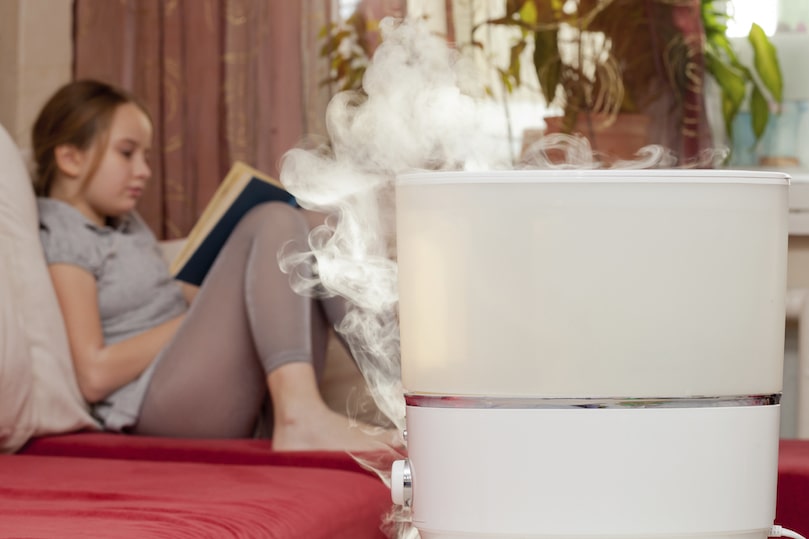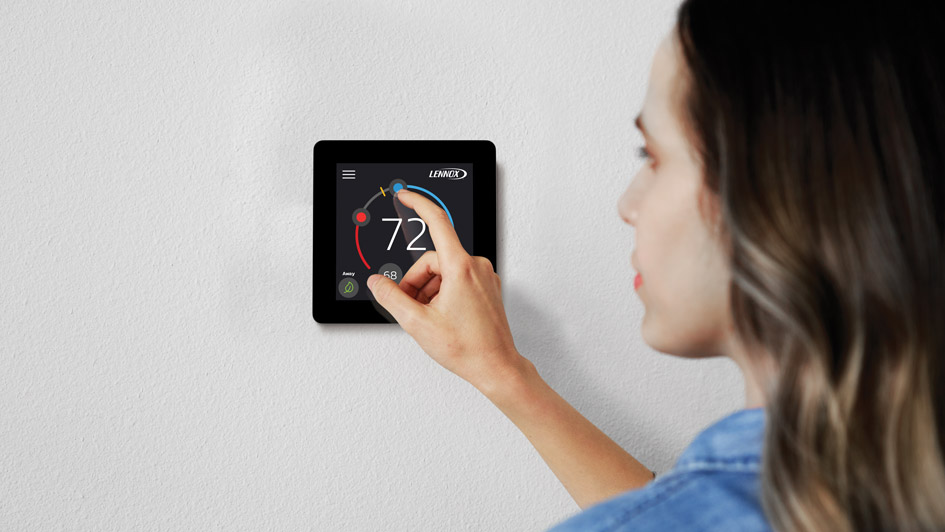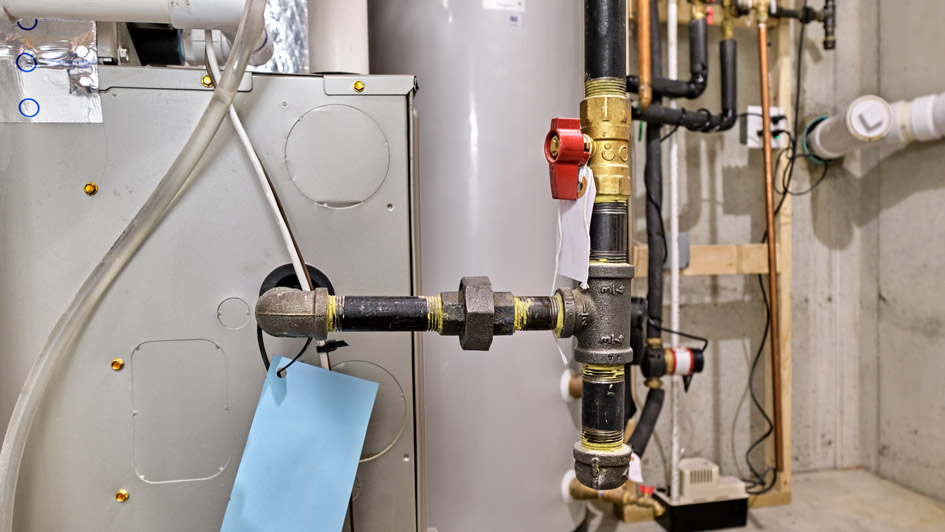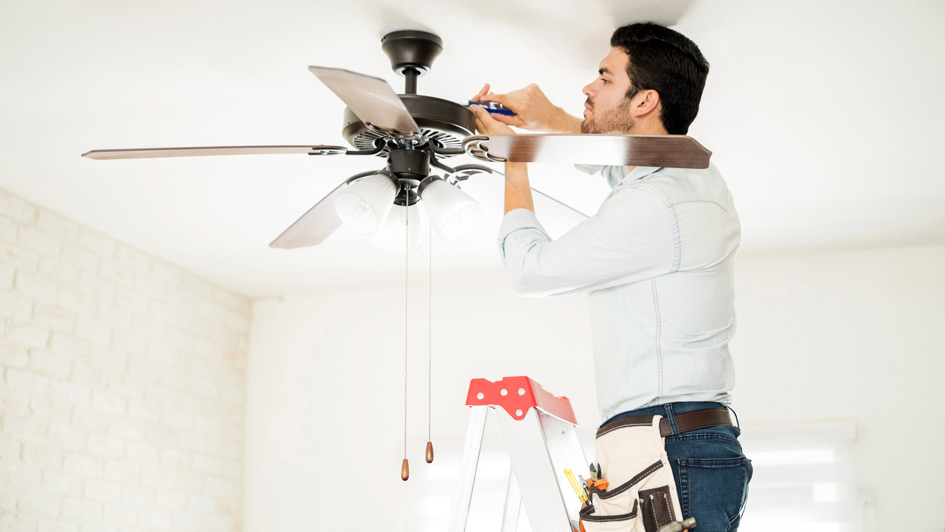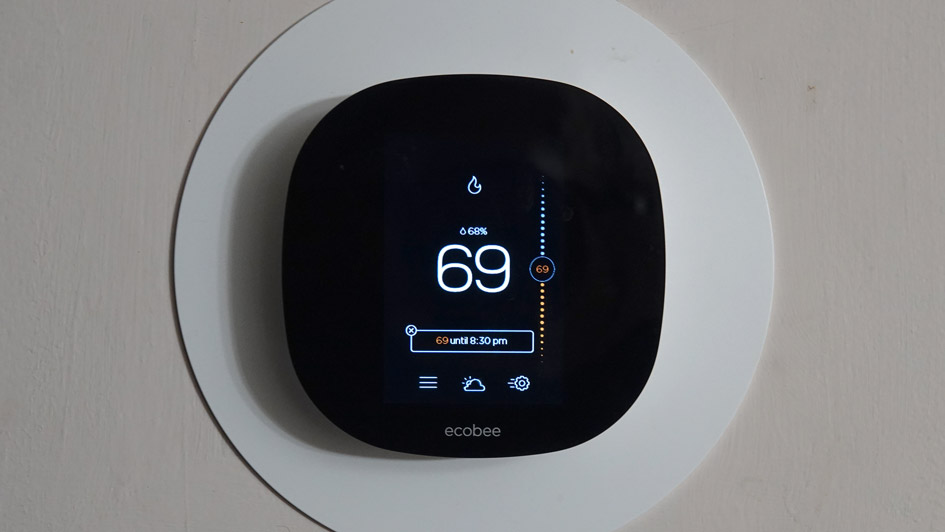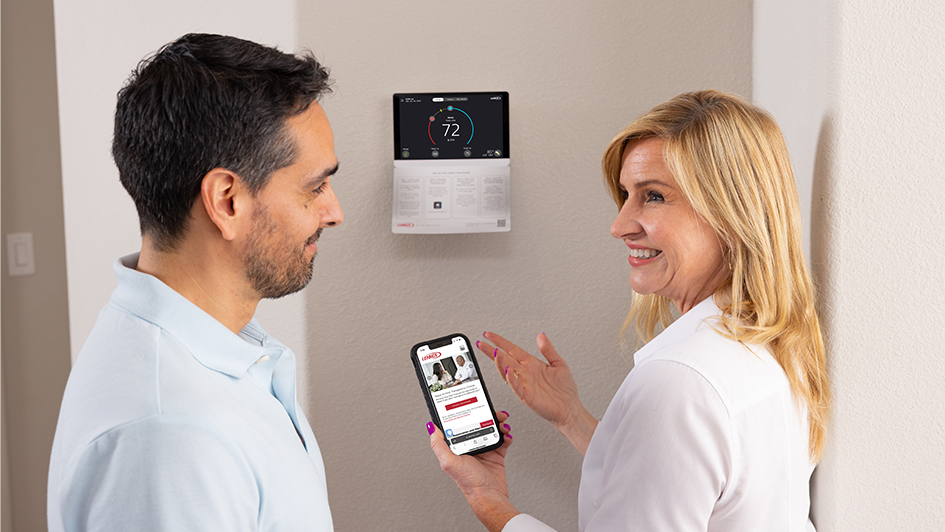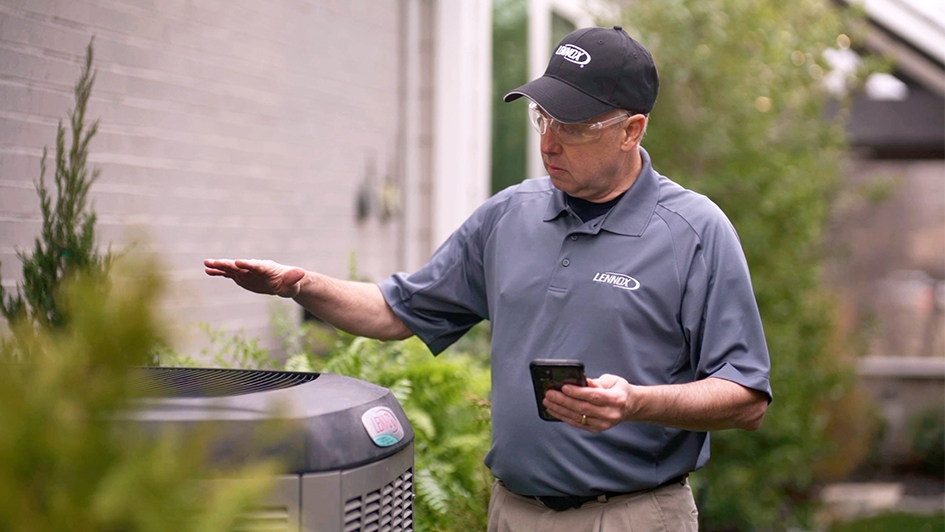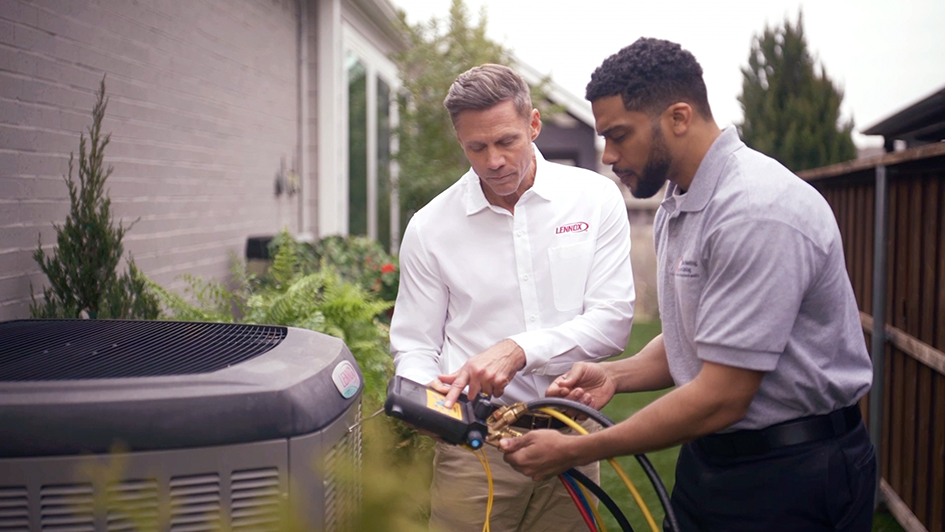Blog
Serving LaRue, Hardin and Nelson Counties and Surrounding Areas
Phelps Heating & Cooling, Inc.
305 W Main St
Hodgenville, KY 42748-1527
Phone: 270-358-3167
Email: [email protected]
ML # M00124
M - F: 7:30 a.m. - 4:00 p.m.
Sat - Sun: Emergency Only
Sat - Sun: Emergency Only
About Phelps Heating & Cooling, Inc.
At Phelps Heating & Cooling, making your home cozy is our top concern. That’s why we offer lasting HVAC units and outstanding work in Hodgenville. Our experts are knowledgeable in a full selection of services, so you can feel confident in your results. They’ll offer the support you are looking for, whether it’s putting in an up-to-date HVAC system or repairing and inspecting your current equipment. We’re here to help with all of your needs, so get in touch with us at 270-358-3167 or contact us online to get an appointment today.
© 2025 Phelps Heating & Cooling, Inc. | All rights reserved

